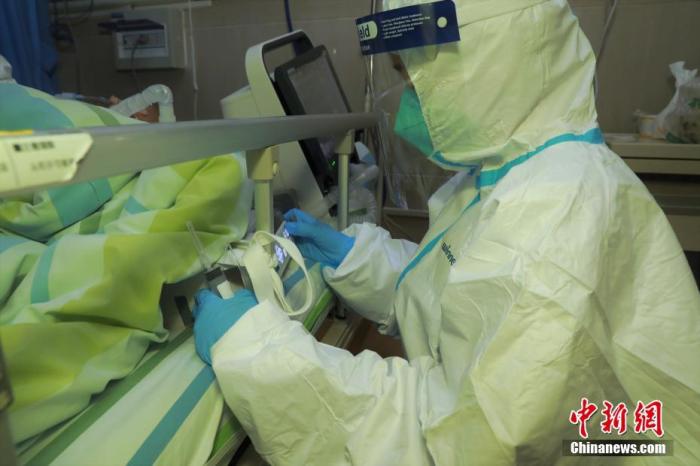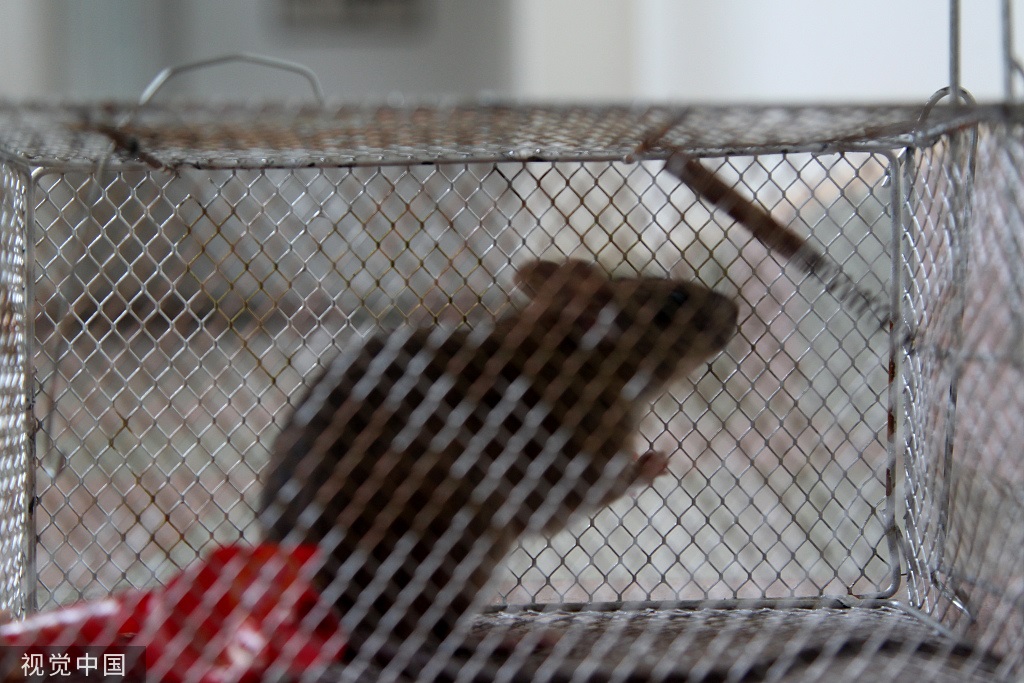This article has been reviewed according to Science X's editorial process and policies. Editors have highlighted the following attributes while ensuring the content's credibility:
fact-checked
trusted source
proofread
Conservatives must capitalise on defence
Given the extraordinary rate of ministerial churn in recent years, Ben Wallace stood out as a rare point of stability. The longest-serving Conservative defence secretary since Winston Churchill, his record in office was also a creditable one.
He was a doughty defender of the defence budget and advocate for the Armed Forces. But most significantly, it was Mr Wallace who, alongside Boris Johnson, helped to lead the international response to the Russian invasion of Ukraine. While other European capitals prevaricated and President Joe Biden’s comments seemed to all but invite a “minor incursion”, Britain provided Kyiv with anti-tank weapons. They proved crucial in the defeat of the initial Russian advances.
These early victories bought time and space for Ukraine to show that it could and would fight, if given the tools to do so, and for other members of the Western coalition to rally round. Even as the US strode out ahead in terms of financial and military aid, Britain retained a leading role in pushing the boundaries of what could be given. The UK was the first Western country to provide tanks in the potent Challenger 2, the first to donate long-range missiles with the Storm Shadows, and it led the formation of the international coalition that may soon provide Ukraine with F-16 jets.

If it were not for the opposition of Mr Biden and EU leaders such as Emmanuel Macron, such a record would have ensured that Mr Wallace would now be going on to succeed Jens Stoltenberg as Nato secretary general. But Mr Biden was apparently upset by Britain’s efforts to push Washington into approving the transfer of F-16s to Kyiv. Mr Macron seems to have been motivated by little more than bitterness over Brexit.

Such divisions within Nato are unhelpful, to say the least – and particularly now. Indeed, as Mr Wallace wrote in his resignation letter on Thursday, we can expect in the next decade for the world to become even “more insecure and more unstable”.

The war in Ukraine is not over; Russian aggression has not yet been defeated. There are ominous signs that China may be prepared to do more than sabre-rattle towards Taiwan, while the UK’s allies in the wider Indo-Pacific fear for the security of the region. Growing instability in North and Central Africa, meanwhile, poses as yet unknowable threats to the safety of Europe. Terrorist groups continue to plot attacks within our borders.
This is the challenge now assumed by the new defence secretary, Grant Shapps. He will have to push back against the tendency within Whitehall to neglect defence spending, while ever-growing sums are lavished on an unreformed NHS and welfare. He will also have to think strategically about the role that Britain can best play at the heart of the Western alliance. Other partners have shown themselves to be unreliable, and there is a chance that the next presidential election could result in a significant shift in America’s foreign policy.
But there is also, in this, an opportunity for the Conservative Party. The opinion polling for the Government is almost universally grim, with recent surveys showing Labour favoured across a swathe of areas that the Tories traditionally dominated. Defence policy is a rare exception.
The Prime Minister and his advisers might be inclined to think that it is a second-order priority, and certainly it is unlikely to be front of voters’ minds while the economy continues to stutter, the health service remains on its knees, and nobody seems able to stop the small boats from crossing the Channel.
But it would also be a mistake for the Government to fail to make a virtue of its successes in one of the few areas in which it has been strong. Labour is doing its best to sound tough on defence, with its policy on Ukraine, for example, now looking almost indistinguishable from that of the Tories. But it was not so long ago that the party wanted to put Jeremy Corbyn in Downing Street. Mr Shapps and Rishi Sunak should endeavour to show that only a Conservative government can deliver the security and international leadership that Britain needs.



















